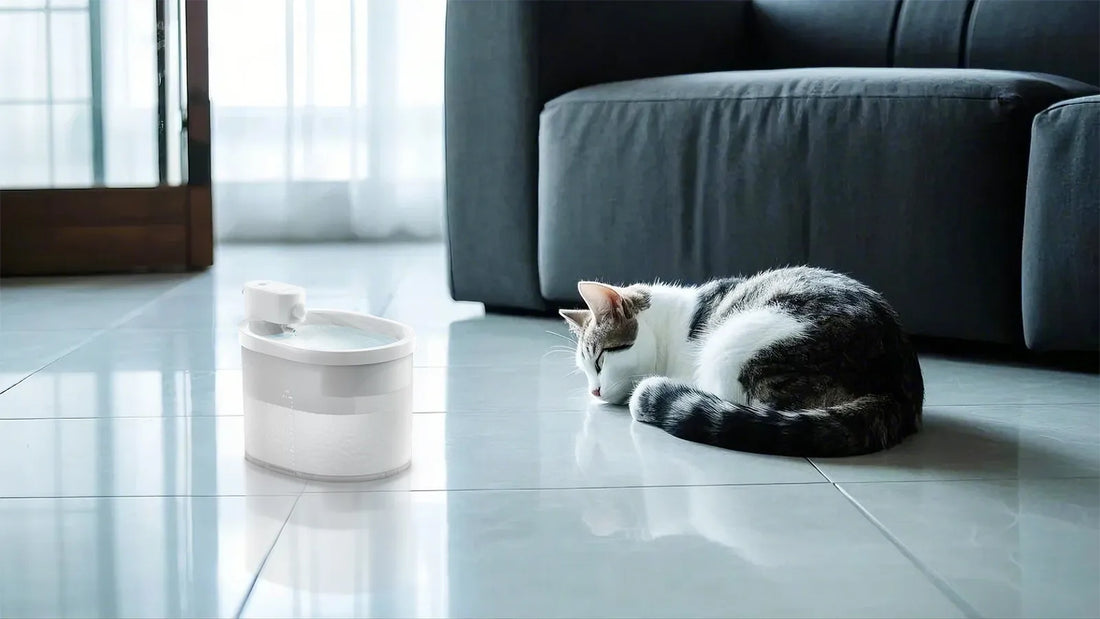Have you noticed that your once playful pup has suddenly lost interest in their favorite games? It can be concerning and even heartbreaking to see your furry friend turn away from activities they used to love. Understanding why your dog doesn't want to play anymore is crucial for their well-being and your peace of mind. Let's dive into the possible reasons and explore how you can help your dog regain their playful spirit.
Physical Health Issues
One of the most common reasons for a dog's sudden disinterest in play is underlying health problems. Dogs, like humans, can experience a range of physical ailments that may affect their energy levels and desire to engage in activities. Conditions such as arthritis, hip dysplasia, or even a simple injury can make movement painful and discourage play. If your dog is showing signs of discomfort, such as limping, whining, or reluctance to move, it's essential to consult a veterinarian for a thorough examination.
Age-Related Changes
As dogs age, their energy levels and physical abilities naturally decline. What was once an exciting game of fetch may now feel like a strenuous activity for an older dog. Senior dogs may also experience cognitive changes that affect their interest in play. If your dog is getting older, it's important to adjust their activities to suit their current capabilities. Gentle exercises and mental stimulation can help keep them engaged without overexertion.
Mental Health and Emotional Well-being
Just like humans, dogs can experience mental health issues that impact their behavior. Anxiety, depression, or stress can lead to a lack of interest in play. Changes in the household, such as a new pet, a move, or the absence of a family member, can trigger these emotional responses. Providing a stable and comforting environment, along with positive reinforcement, can help alleviate your dog's stress and encourage them to play again.
Boredom and Lack of Stimulation
Dogs thrive on mental and physical stimulation. If your dog's routine has become monotonous, they may lose interest in play. Introducing new toys, varying their exercise routine, or engaging in interactive games can reignite their enthusiasm. Puzzle toys, agility training, or even a simple change in walking routes can provide the necessary stimulation to keep your dog engaged and happy.
Diet and Nutrition
A dog's diet plays a significant role in their overall energy levels and health. Poor nutrition or an unbalanced diet can lead to lethargy and a lack of interest in play. Ensuring your dog receives a well-balanced diet with the necessary nutrients can improve their energy and vitality. Consult your veterinarian to determine the best dietary plan for your dog's specific needs.
Environmental Factors
Environmental changes can also affect your dog's desire to play. Extreme weather conditions, such as excessive heat or cold, can make outdoor activities uncomfortable or even dangerous. Additionally, a cluttered or unsafe play area can discourage your dog from engaging in play. Ensuring a safe and comfortable environment, both indoors and outdoors, can encourage your dog to participate in activities.
Social Dynamics
Dogs are social animals, and their interactions with other pets or humans can influence their behavior. If your dog feels threatened, bullied, or excluded by other pets, they may withdraw from play. Similarly, a lack of social interaction or bonding time with their human family can lead to disinterest. Strengthening the bond with your dog through quality time, positive reinforcement, and ensuring harmonious interactions with other pets can help restore their playful nature.
Training and Behavioral Issues
Sometimes, a dog's disinterest in play can stem from training or behavioral issues. If your dog has been scolded or punished during playtime, they may associate play with negative experiences. Positive reinforcement and patience are key to rebuilding their confidence and encouraging play. Additionally, addressing any underlying behavioral issues with the help of a professional trainer can make a significant difference.
Seeing your dog lose interest in play can be distressing, but understanding the underlying reasons is the first step toward helping them. Whether it's a health issue, age-related changes, or emotional factors, there are ways to support your dog and reignite their playful spirit. By addressing their needs and providing a stimulating and loving environment, you can help your furry friend rediscover the joy of play. Remember, a happy and active dog is a healthy dog, and your efforts will be rewarded with wagging tails and joyful barks.

![[🎃Halloween Sale]UAHPET Stainless Steel Self-Cleaning Cat Litter Box](http://www.uahpet.com/cdn/shop/files/1-cat-litter-box.jpg?v=1759128420&width=1600)












